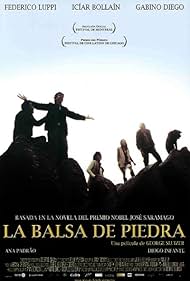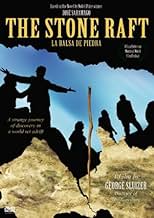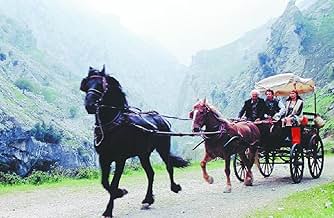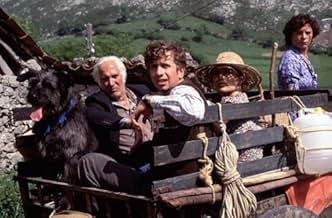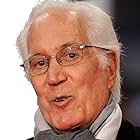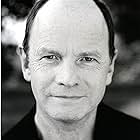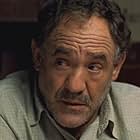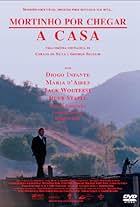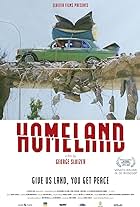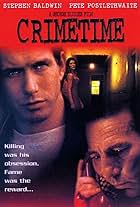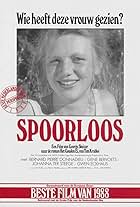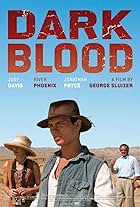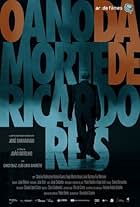Don't be put off from this one. I'll try not to mislead: First, this is a *fable*, an allegorical story no, not pretentious myth, and not at all meant to be taken literally (or technically!). Also, I don't think it's meant to be an "art film." Don't take it so seriously... but then again, take it seriously in another way; it is a cautionary tale.
Also, it was meant primarily for a European audience. Don't ask it to be a brash and blunt American movie. (Compare and contrast it, as an exercise, with the satiric tone found in "Wag the Dog.") Its tone is more like that of "Life Is Beautiful" perhaps, if you need comparison, but not as hokey.
Okay, it's a disaster film, yes, but it's also a love story with a point. It's light but it uses satire, and I can even almost see it rolling its eyes at the "reviewers" who smirk at its "lack of continuity" and "technical errors" - they miss the point, and likely have missed the boat which has already departed. (Hence the film's title.) (Don't look now, but in some ways, the world's already begun splitting beneath our feet...) I also don't know where the IMDb page's film description comes from (about "...a group of god-like humans"); absurd. But as it is with all fables, myths, or symbols, our pronouncements say more about us than about the item we discuss.
Go to the "external reviews" link, at the left, and read the sensible review by Roger Ebert, or the Village Voice's description ("... strikes a delicate balance between magical realism and biting political satire in this engaging allegory of failed pan-European aspirations").
Like those reviewers, I found the film highly enjoyable, full of heart and sincere, and having a great European sense of humor. I found myself wondering, as Mr. Ebert did, about things it brought up: about fault-finding (pun intended), about chaos theory, about the EU, and about what really matters ... and about what happens when we drift apart.
